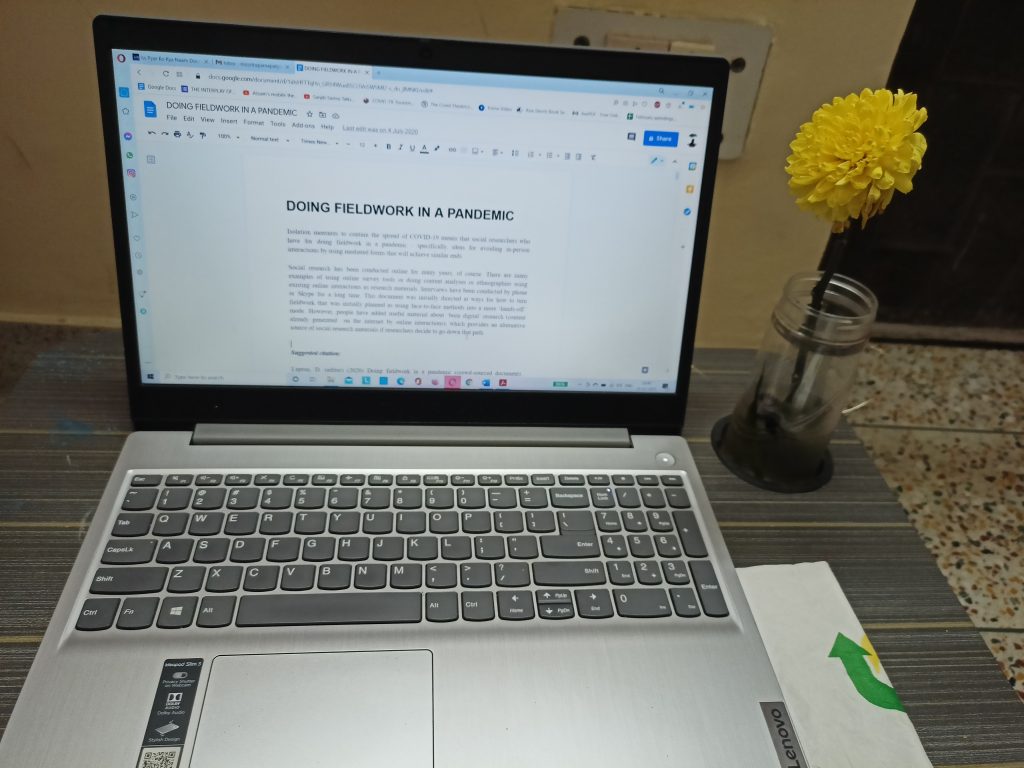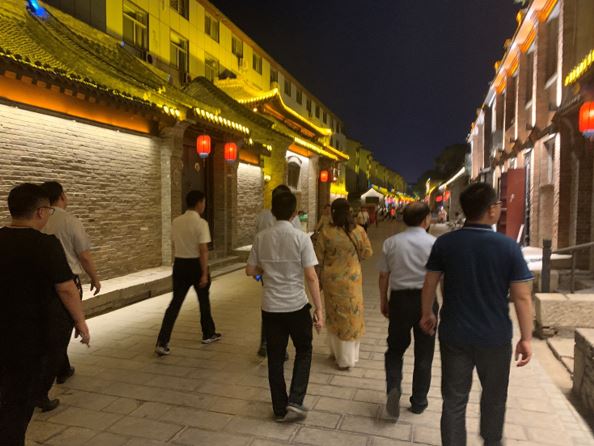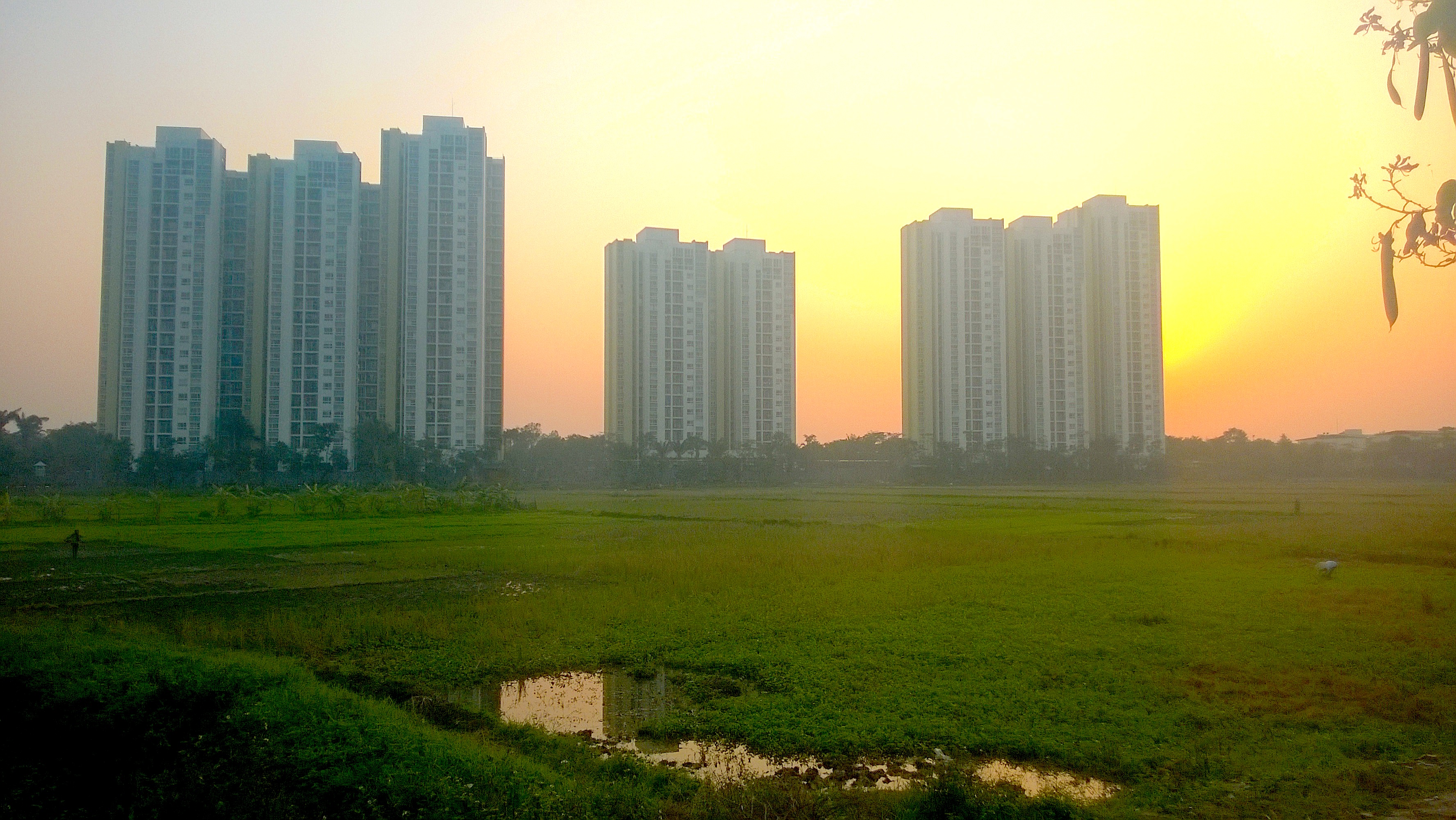The impact of COVID-19 on field-based research has been much spoken about. Many of us have had to adapt, use new methods and techniques to carry on with our research work. This piece describes some of our experiences of carrying out primary research in Guwahati, Assam in India, during August-November in 2020. Our research has shown that studying one’s own community has its peculiar advantages, particularly during COVID-19, when there are restrictions on mobility. It has become important to explore research subjects and sites that may otherwise seem mundane and already known during this period, writes Rituparna Patgiri and Ritwika Patgiri.
_______________________________________________
The impact of COVID-19 on field-based research has been much spoken about. Many of us have had to adapt, use new methods and techniques to carry on with our research work. This piece describes some of our experiences of carrying out primary research in Guwahati, Assam in India, between August and November 2020. We had received the Zubaan-Sasakawa Peace Foundation Grants for Young Researchers from the Northeast for 2020-21. Our study looked at the exclusion of Muslim domestic workers from Hindu upper-caste middle-class kitchens in Guwahati.

We had framed it as a qualitative study while writing the research proposal. But with the COVID-19 pandemic, there was no scope to conduct face to face interviews and observation. Therefore, the first challenge was to re-strategise our methods and make them digital. We decided to rely on telephonic interviews to contact our prospective respondents. Since Guwahati is our hometown, we were already familiar with the city and had ‘access’ to domestic workers and their employers. However, although access was not an issue, there were other problems.
Our research questions were based on the idea that Hindu upper caste and middle-class households do not prefer hiring Muslims or members of lower castes as cooks. So how do you interview members of your community, especially when you are asking uncomfortable questions? Secondly, how do you ask these questions in a non-face to face mode of interaction?
The debate on studying and researching one’s own community is as old as the discipline of Social Anthropology itself (Srinivas 1979). In the beginning, most field-workers generally chose ‘other’ communities to study. This trend was slowly broken as researchers started realising that one need not travel to far off sites to ‘gather information’. However, this does not take away from the fact that there are both advantages and challenges associated with studying one’s own community.
One of the advantages that we carried to the field was our familiarity with the respondents. In a setting that involved asking uncomfortable questions during a short time-span, this became particularly important. We did not have to spend time and effort in building rapport with our respondents. We could schedule a call after briefing them about our research easily. But since we knew many of these respondents from childhood, it was difficult to ask questions that could seem ‘offensive’ or ‘assumptive’.
The rapport between the researcher and the interviewee is an essential aspect of an interview. While it was easier for us to schedule the interviews, we had to be very careful in asking questions not to break the already existing relationship that we have shared for years. So then, how do you ask uncomfortable questions to people you already know for years?
When one asks a question such as ‘do you have separate utensils for your Muslim domestic worker?’; most often, the answer was ‘yes, of course, we do’. How do you then follow-up with questions such as ‘why’ when it can lead to awkward silences?
To understand the predicament, it is crucial to explain the context here. Middle-class upper caste households in Assam view food and, as a result, the kitchen as a sacred space. Cooking is seen as a sacred activity that is rooted in norms of purity, pollution and cleanliness. Our research also confirmed this. Members from other religions, castes, and ethnicities are excluded in many ways from kitchen activities. For instance, while these middle-class households hire Muslim women as cleaners, they are hesitant to recruit the same women as cooks. In fact, even the cleaners are also served food in different utensils, which are kept separately. And this is considered ‘normal’.
Thus, questioning it is often met with vehement displeasure and anger. As such, a question like ‘why do you serve her tea in a different cup?’ can be seen as offensive. Therefore, it was a challenge to carry out the interviews without sounding insensitive as we know the respondents well. The difficulties were augmented by the mode – that is, that they were done on the telephone.
Qualitative researchers have often argued that observing body language and gestures can help in understanding an issue better. Clifford Geertz, in his seminal book The Interpretation of Cultures (1977), argued that a simple gesture like winking has different cultural meanings, which can only be adequately interpreted if one observes the respondents’ body language.
While Zoom and/or Google meet interviews can be better in this regard, most of these women were not familiar with these applications. Thus, telephonic interviews were our only option. As such, we could not observe their body language and gestures, which could have been interesting. For instance, how does an employer react when faced with a question like ‘do you let your maid enter the kitchen?’ Does her facial expression change? An in-person interaction would have offered the chance to note these gestures and expressions.
We faced an even bigger challenge in reaching out to the domestic workers through the telephonic mode. Most of them do not own mobile phones, and as such, it was challenging to reach them. While online research has been conducted even before the COVID-19 pandemic, what was new now was that the option to even consider going out was not there. As such, we were mostly reliant on our key informant – Shabana[i] didi (a term used to refer to domestic workers in India that means elder sister) – who would visit the other domestic workers living in her colony. Whenever they were free, she would call to let us know, and we would speak to them. We had to keep the conversations short and precise. The women barely had time to talk as they had multiple domestic responsibilities.
While with the employers, there was a scope to call and seek clarifications later; this was impossible with the domestic workers. It is also significant to mention that none of our respondents consented to record the calls as everyone was ‘aware’ of how recordings can be misused. Therefore, we had to take notes while doing the interviews – one of us asked the questions, while the other took notes. The telephonic mode also tested our listening and note-taking skills, as there were often connectivity issues. There is a division of labour between the interviewer and the note-taker, even in on-field interactions. However, putting the phone on speaker and listening to the respondent with background noise and taking notes is harder.
However, although there were complications in researching during the pandemic, it was interesting to re-strategise to adjust to the circumstances. The fact that our field was familiar aided us in our exercise. It was easier to reach out to respondents and schedule telephonic interviews. In fact, it became possible for us to conduct telephonic interviews because we had their phone numbers. Simultaneously, it was unsettling to ask uncomfortable questions that could be seen as offensive and provocative, particularly on the phone. There was no scope to understand and observe one’s body language and subsequently mould questions accordingly. It was difficult to interpret pauses and silences.
Our research has shown that studying one’s own community has its peculiar advantages, particularly during COVID-19, when there are restrictions on mobility. It has become important to explore research subjects and sites that may otherwise seem mundane and already known during this period. For instance, our work on the domestic workers of Assam throws light on how the social exclusion that the Muslim domestic workers face is a product of existing stereotypes and discrimination against Muslims. Although we had to strategise in terms of methods because of the online mode, a familiarity with the context helped us reach out to prospective respondents. As such, researching the familiar and the known can be a feasible possibility to consider for many who might be facing travel-related issues.
Notes
[i] The name has been changed to protect her privacy.
Fan, C. C. and Chen, C. (2013). New-generation Migrant Workers in China. In: Wu, F. L., Zhang, F. and Webster, C. (eds.). Transient Urbanism: Migrants and Urbanized Villages in Chinese Cities. London; New York: Routledge. pp. 17–35.
Geertz, C. (1977). The Interpretation of Cultures. New York: Basic Books.
Srinivas, M. N. (1979). The fieldworker and the Field: A village in Karnataka. In: Srinivas, M.N., Shah, A.M. and Ramaswamy, E.A. (eds.). The Fieldworker and the Field. New Delhi: Oxford India. pp. 19-28.
About the Research
This research was carried out under the Zubaan-Sasakawa Peace Foundation Grants for Young Researchers from the Northeast for 2020-21. We would like to express our gratitude to the team of Zubaan Books for their support. We are also thankful to our respondents.
In this research, we focussed on the social exclusion that Muslim domestic workers face in their workplaces in Assam. The setting of our study is the city of Guwahati in Assam. We have published a short piece in the India Development Review titled A Depreciating Diet on 12th January 2020. Zubaan Books will publish the full paper.
For citation: Patgiri, R. and Patgiri, R. (2021). Researching one’s own community in India: Advantages and challenges in an online mode. Field Research Methods Lab at LSE (23 March) Blog entry. URL: https://blogs.lse.ac.uk/fieldresearch/2021/03/23/researching-ones-own-community-during-pandemic/





